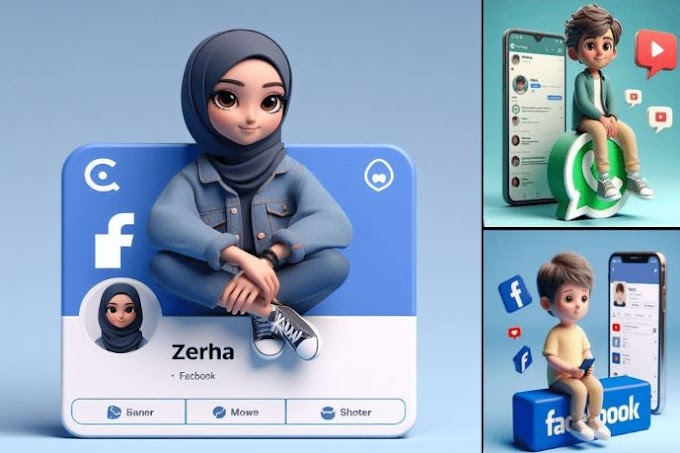How AI Poses Threats to 60% of Jobs
The world is witnessing a rapid transformation driven by the relentless march of technology, with artificial intelligence (AI) at its forefront. As we embrace the advantages offered by AI, a significant concern looms over the job market - the risk of losing employment for a staggering 60% of workers.
Understanding Artificial Intelligence (AI)
In essence, AI refers to the simulation of human intelligence in machines that are programmed to think and learn like humans. From virtual assistants to complex algorithms, AI has become an integral part of our daily lives, revolutionizing industries ranging from healthcare to finance.
The Impact on Employment
As AI continues to advance, its impact on employment becomes increasingly pronounced. Studies suggest that a substantial percentage of jobs are at risk of being automated, leading to a seismic shift in the employment landscape.
Types of Jobs Most Vulnerable
Certain sectors are more susceptible to the encroachment of AI, with routine and repetitive tasks facing the highest risk. Manufacturing, customer service, and data entry are among the professions facing imminent threats.
The Role of Machine Learning
Machine learning, a subset of AI, plays a pivotal role in automating tasks. From predictive analytics to image recognition, machine learning algorithms can perform tasks once reserved for human intelligence, posing a challenge to job security.
Challenges Faced by Employees
The advent of AI brings forth not only technological challenges but also emotional and psychological hurdles for employees. The fear of job loss and uncertainty about the future can significantly impact the well-being of workers.
Adaptation and Upskilling Opportunities
In the face of technological upheaval, the key for employees is adaptation. Upskilling programs and continuous learning opportunities empower individuals to remain relevant in a rapidly evolving job market.
Success Stories of Adaptation
Amidst the challenges, stories of successful adaptation to the AI era abound. Companies and individuals embracing change, upskilling their workforce, and strategically integrating AI showcase a positive narrative of navigating the evolving job market.
Balancing Automation and Human Workers
The future lies in finding a harmonious balance between automation and human labor. Rather than replacing jobs entirely, AI should augment human capabilities, creating a synergy that maximizes productivity and innovation.
Future Trends in Job Market
Looking ahead, the job market is poised for transformation. New roles, often centered around managing and optimizing AI systems, are likely to emerge. Adaptability and a forward-thinking approach will be essential for future employment.
Global Perspectives on AI Employment
Different countries are approaching the AI employment challenge in diverse ways. Collaborative efforts, shared knowledge, and global initiatives are essential to developing a collective strategy to address the impact of AI on jobs.
Advice for Job Seekers and Employees
For individuals navigating the uncertainties of the job market in the AI era, embracing change and investing in continuous learning are paramount. Remaining adaptable, acquiring new skills, and staying informed about industry trends will be key to sustained employability.
Conclusion
In conclusion, the era of AI brings both challenges and opportunities for the workforce. While job displacement is a legitimate concern, proactive measures, ethical considerations, and a global collaborative approach can pave the way for a future where AI enhances, rather than diminishes, employment prospects.
FAQs
Is my job at immediate risk due to AI?
The impact of AI varies by industry, but staying informed and adaptable is crucial.
How can I prepare for potential job loss due to AI?
Upskilling, continuous learning, and staying ahead of industry trends are effective strategies.
What government initiatives exist to support workers in the AI era?
Governments are implementing retraining programs and policies to foster lifelong learning.
Are there industries where AI is creating more jobs than it eliminates?
Yes, emerging roles in AI management and optimization are creating new employment opportunities.
How can companies contribute to a balanced approach between AI and human workers?
Companies can invest in employee training, create AI-human partnerships, and prioritize ethical AI practices.
 |
| Artificial Intelligence |





